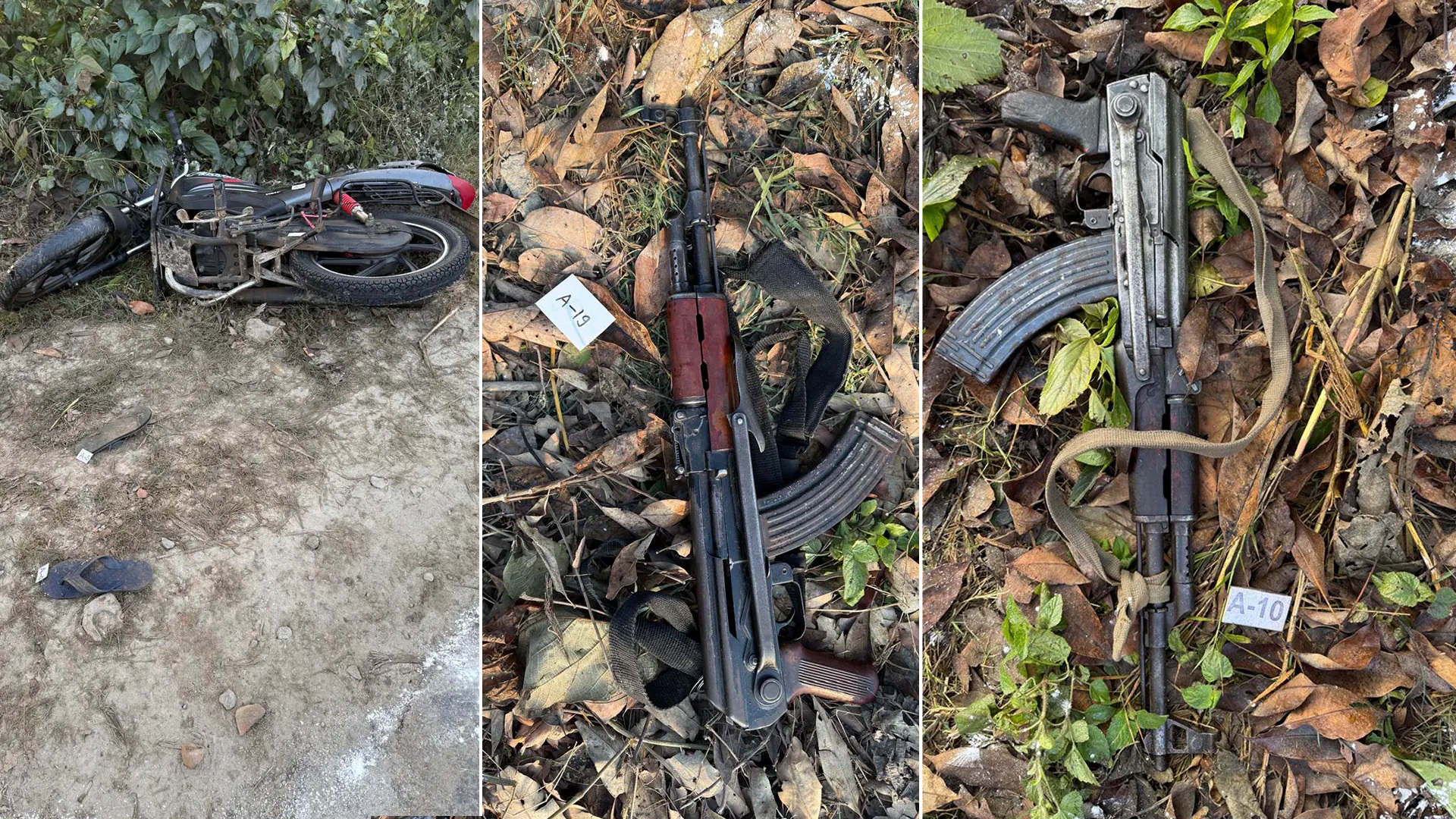End of the Line: UP STF Takes Down Khalistan Extremists
The recent encounter in Pilibhit, where the Uttar Pradesh Special Task Force (STF) neutralized three alleged members of the Khalistan Zindabad Force, underscores the growing challenges posed by extremism in India. While the STF deserves praise for its swift action, the incident demands a broader conversation about the resurgence of separatist ideologies.
The Khalistan movement, though largely subdued, continues to simmer, with factions leveraging international support and exploiting local grievances to recruit operatives. The encounter raises critical questions: Were these individuals acting on their own, or were they part of a larger, coordinated network? If the latter, what are the implications for national security, and how prepared is the state machinery to address such threats?
Equally concerning is the delicate balance between security and civil liberties. As law enforcement ramps up its operations, transparency and accountability must remain paramount to prevent misuse of power and maintain public trust. The government's role in addressing underlying socio-economic grievances, which often fuel extremist tendencies, cannot be overlooked either.
The Pilibhit encounter serves as a stark reminder of the persistent threat posed by radical ideologies. The road ahead calls for vigilance, robust intelligence networks, and a multi-pronged approach that includes both enforcement and dialogue. Only then can India truly move toward peace and stability.
